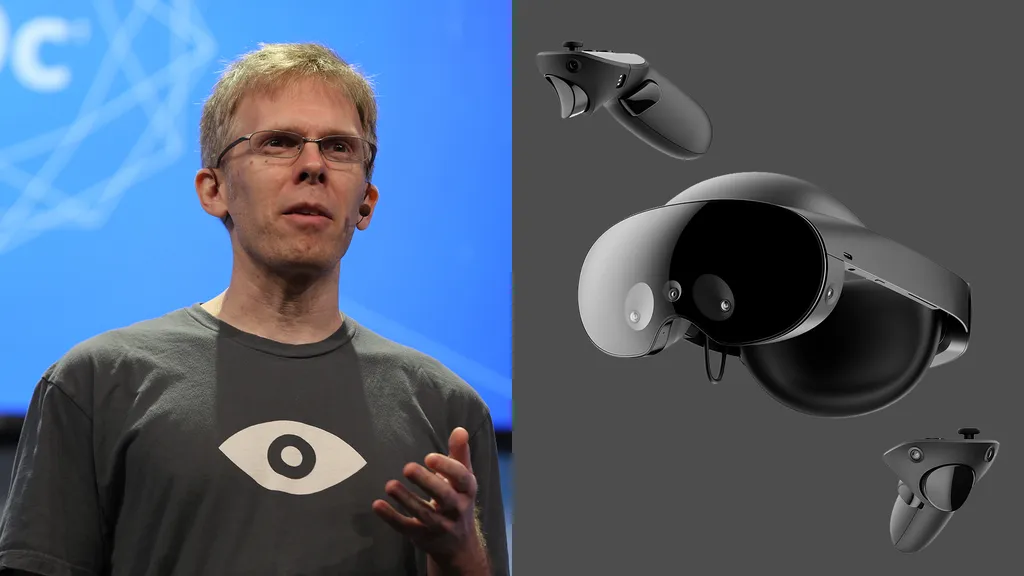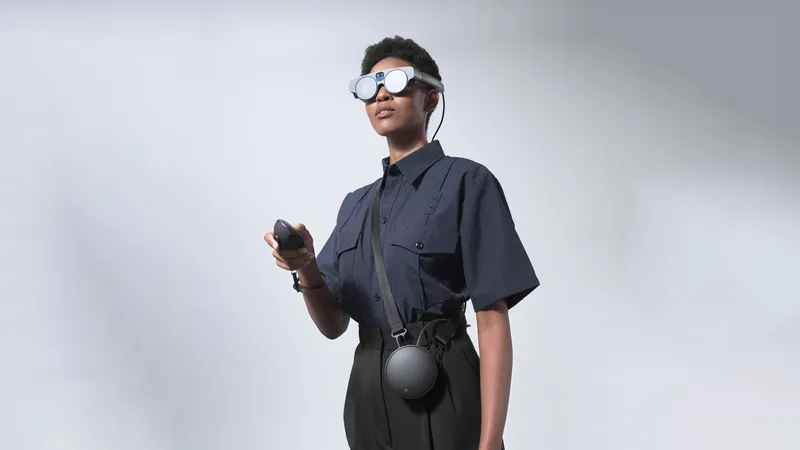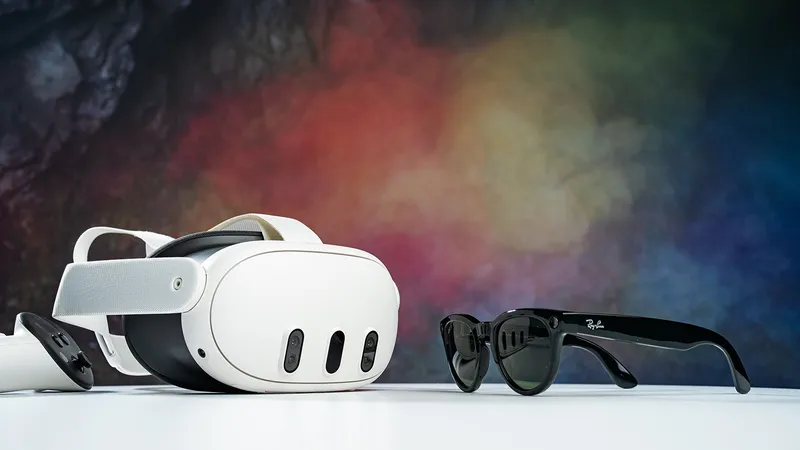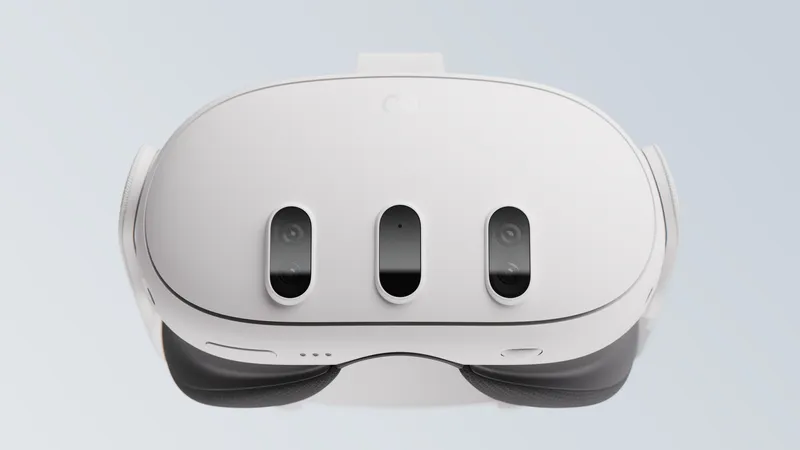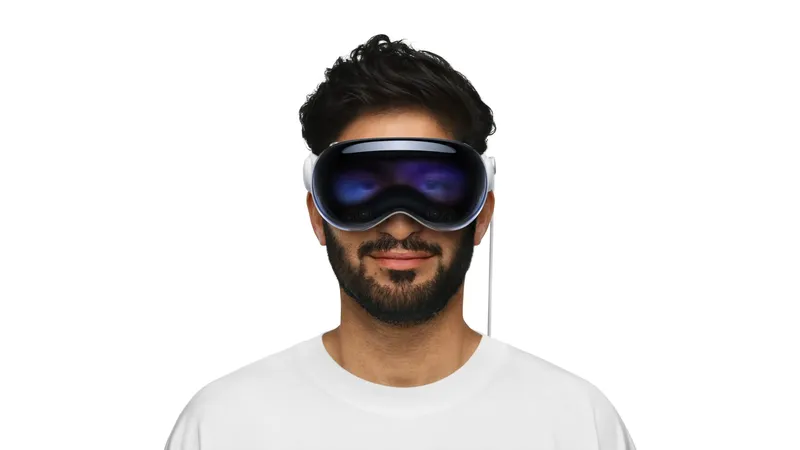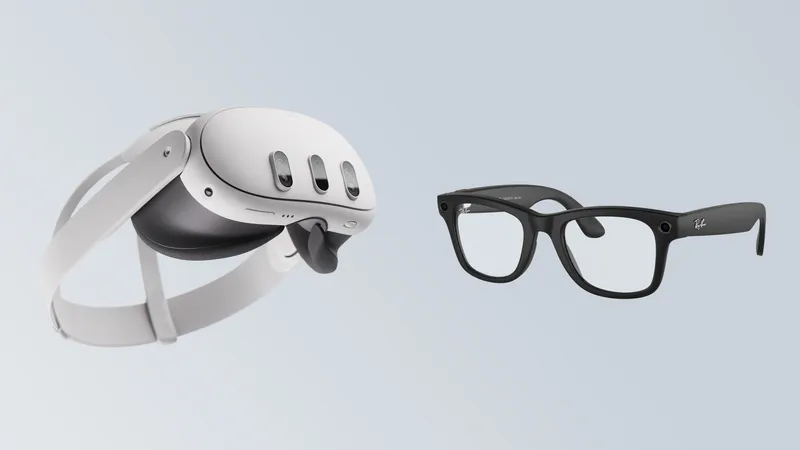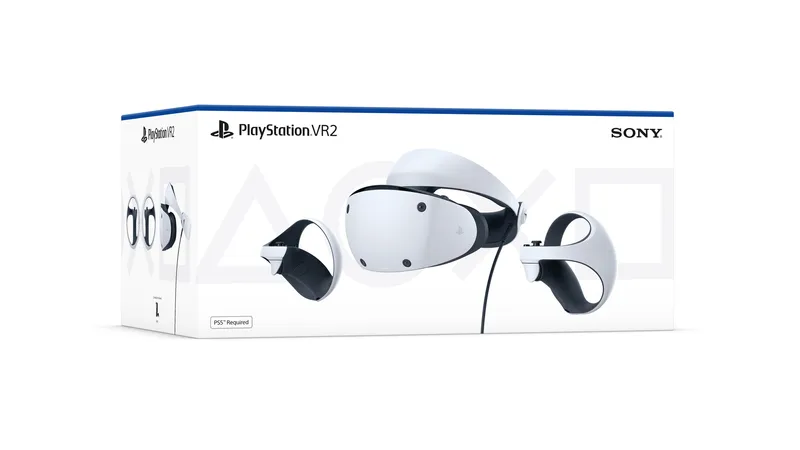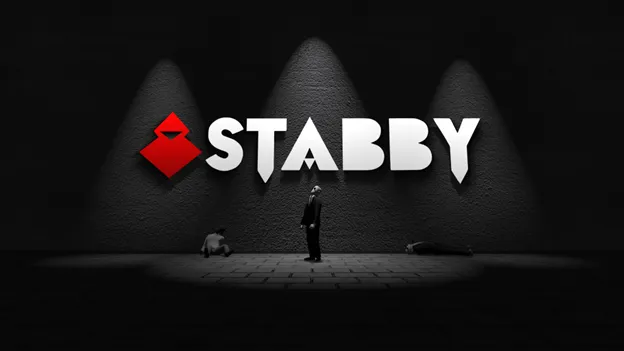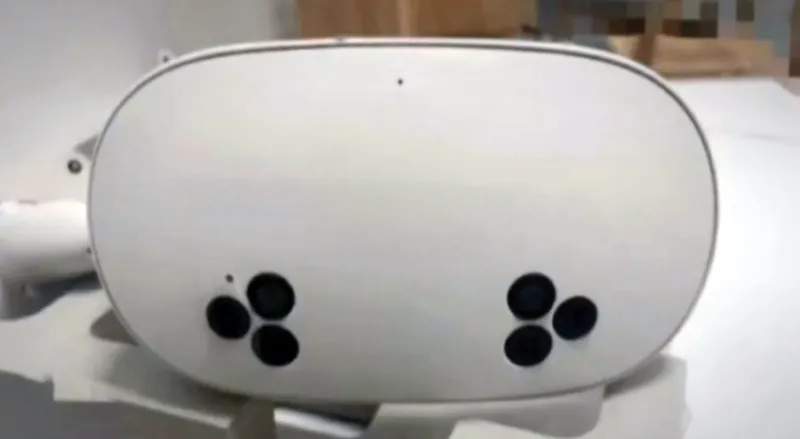John Carmack says he "tried hard" to kill Meta Quest Pro before it launched.
The former Oculus CTO (and then technical consultant before leaving in 2022) revealed this in a debate on X about the benefits of eye tracked foveated rendering. In the discussion, Carmack argued, as he publicly did even before Quest Pro launched, that the benefits on a headset with Quest Pro's relatively low resolution don't outweigh the drawbacks. Specifically, he argued, the energy used to sample and process the eye tracking cameras would be better used on overclocking the GPU, which he claims would result in even better performance.
I tried hard to kill the Pro completely, I had very high confidence that it would be a commercial failure and distract the teams for a year, preventing them from doing more valuable work on mass market products.
— John Carmack (@ID_AA_Carmack) June 7, 2024
Still, to be fair, you can’t really compare the wired PSVR2 with…
But this in itself was only a minor element of Carmack's criticism of Quest Pro. His reason for wanting to kill it before it launched, he says, was that he "had very high confidence that it would be a commercial failure and distract the teams for a year, preventing them from doing more valuable work on mass market products".
In a Twitter Spaces public conversation between Carmack and now-CTO Andrew Bosworth back in 2021, six months before Quest Pro was teased as Project Cambria, Carmack argued for "continuing to focus on just making what we’ve gotten better, making it cheaper, lighter, smaller, higher resolution, all of these obvious, straightforward things", saying that he thought a Pro model would "wind up with 1/10th of the users on there and we should be about kind of maximizing the user base".
"John doesn’t want any new features", Bosworth joked at the time.
Carmack Was Right
Meta's actions, public data, and a report from a reliable journalist prove Carmack was right about Quest Pro being a commercial failure.
By the time Quest Pro launched, leaks of a Quest 3 arriving a year later with a twice as powerful chipset at half the price had already emerged, severely dampening the headset's value proposition. Further, Quest Pro's underwhelming resolution, grainy passthrough, lack of automatic room sensing for mixed reality, and Meta’s cartoonish avatars not being detailed enough to do the face tracking sensors justice led to mixed-at-best reviews.
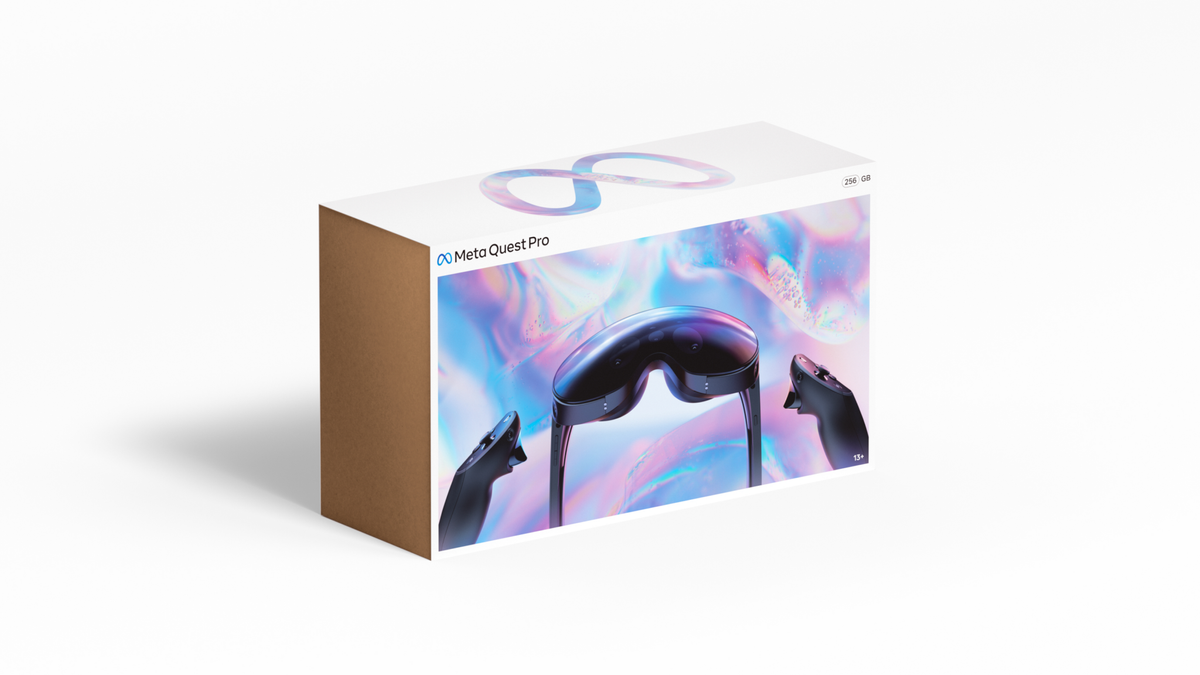
Just four months after Quest Pro launched Meta cut its price from $1500 to $1000. This kind of price cut so soon after launch was unprecedented, and strongly suggests the headset vastly missed its launch sales targets.
Nine months after launch, The Information reported that Meta was no longer ordering new Quest Pro components due to weak sales, so production would end when the remaining components ran out.
By around a year after launch Meta was giving away Quest Pro headsets to Roblox creators, when giving them a Quest 2 would have been perfectly fine.
Last week Meta removed the whiteboard from Horizon Workrooms, which was designed around Quest Pro's controllers which come with pressure-sensitive stylus tips.
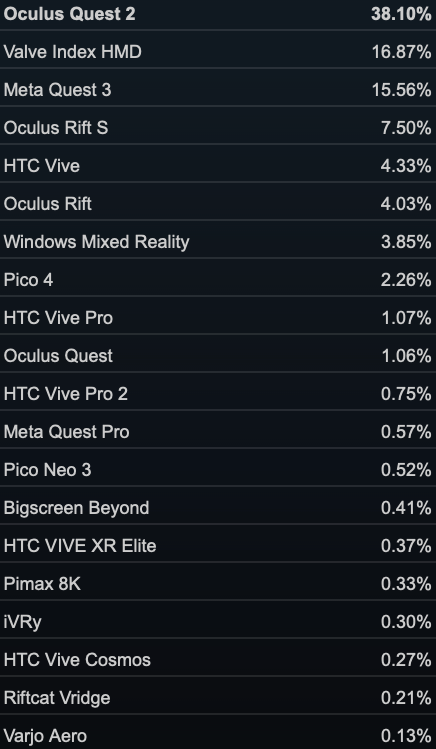
Quest Pro is today used by just 0.57% of SteamVR users, around half the original Oculus Quest, one quarter of Pico 4, and twenty-seven times less than Quest 3.
Multiple developers have told UploadVR they see only a tiny fraction of their user base on Quest Pro. As such, almost no Quest game developers took the time to add support for its eye-tracked foveated rendering.
But Meta's Strategy Has Shifted Since
In March last year, just after the price cut, a Meta roadmap leaked to The Verge revealing that a near-term Quest Pro 2 set for 2024 had been canceled in favor of a “way out in the future” model with photorealistic Codec Avatars.
“We want to make it higher resolution for work use and really nail work, text and things like that” Meta's VP of VR Mark Rabkin reportedly said of the “way out” headset.

This suggests Meta could use the Pro line in future to deliver truly groundbreaking specs and features that justify the price point, not the underwhelming offering of the original Quest Pro.
In the nearer term, Meta appears to be delegating high-end hardware to other companies.
LG was reportedly going to launch a successor to Quest Pro in 2025, but last month said it's "controlling its pace" after multiple reports the headset had been pushed out to 2027 amid significant differences of opinion between LG and Meta.
In April Meta publicly announced it will rebrand the Quest system software to Horizon OS and provide it to third-party headset makers, starting with ASUS and Lenovo.
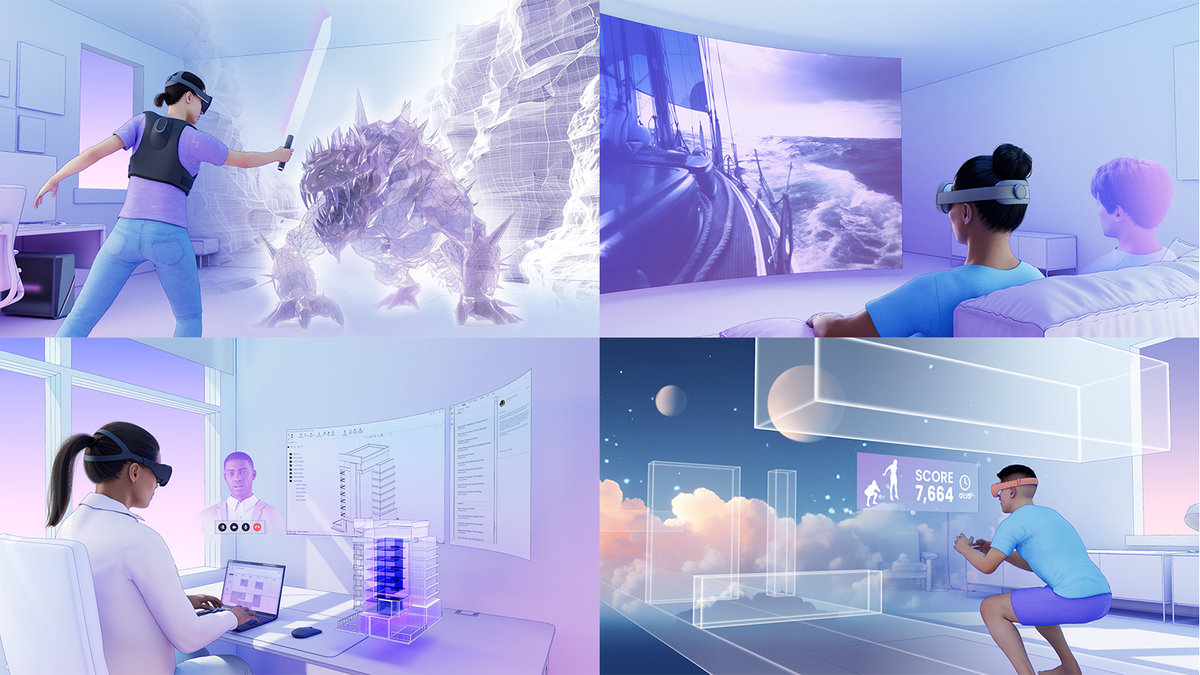
Mark Zuckerberg said he expects Quests to still be the most popular headsets though, strongly suggesting third-party options will be priced higher. He said third-party headsets will be targeted around specific use cases, saying he could "imagine" productivity headsets that focus on weight, entertainment headsets that have high-resolution OLED panels, fitness headsets with sweat-wicking materials, and more.
Will one of these Horizon OS headsets effectively act as a Quest Pro 2 until Meta figures out its own strategy for the high-end?

